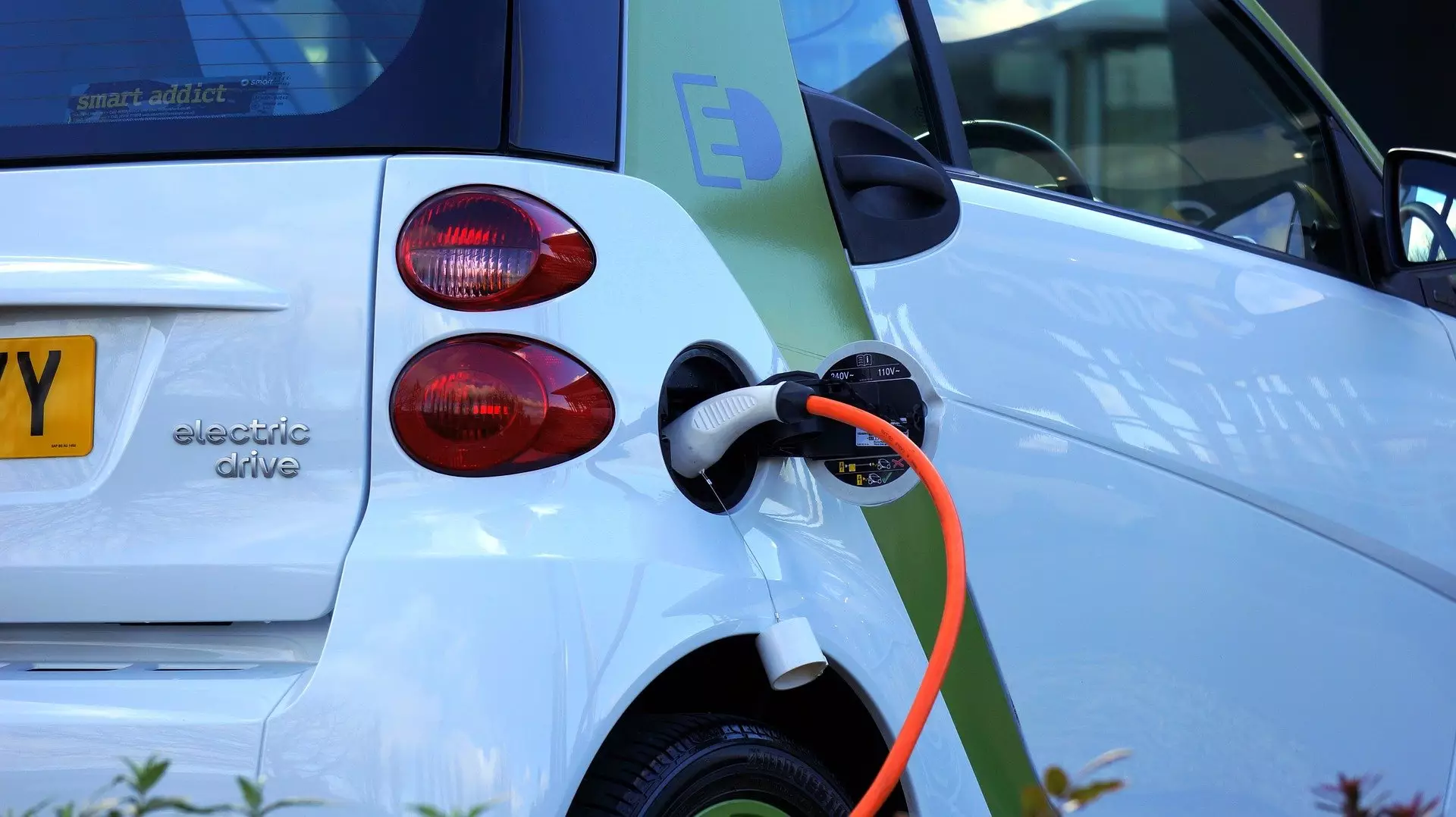The electric vehicle (EV) revolution is undoubtedly transforming the automotive industry worldwide. However, experts from Aston University’s Centre for Business Prosperity argue that the United Kingdom (UK) is at risk of being left behind in this revolution. In their comprehensive report titled “Powering the Future: Aligning Economic Policy for Automotive Sector Resilience in the face of Critical Material Challenges,” Professor Jun Du and Dr. Oleksandr Shepotylo shed light on the challenges facing the UK’s EV industry and the urgent need for policy intervention.
According to the researchers, the UK is currently ill-prepared to capitalize on the opportunities presented by the EV revolution. The pace of change in the industry is relentless, and policymakers must act swiftly to keep up. One of the key issues highlighted in the report is the UK’s heavy reliance on battery imports, with imports exceeding exports by a staggering 10.5 times. In contrast, Germany leads the global market in EV exports by value, while China leads in terms of the number of EVs exported.
The challenges faced by the UK’s automotive sector in the context of the EV revolution are multifaceted. Technological advancements, socioeconomic transformations, and geopolitical intricacies all contribute to the complexity of the industry. The UK’s withdrawal from the European Union (EU) further amplifies these challenges, especially when it comes to navigating non-tariff measures and rules of origin that affect EV exports.
In a highly competitive global landscape, characterized by intensifying industrial policies, nimble and responsive economic policies become imperative. However, the researchers highlight that the UK does have some advantages. The analysis of EV global value chains (GVCs) reveals that the UK has a diversified export portfolio and a relatively modest reliance on these chains. This favorable positioning presents opportunities for the UK to strengthen its presence in the global EV market.
To fortify the UK’s position in the global EV market, the report sets forth a four-point plan for automotive sector resilience. These recommendations aim to strategically target global opportunities, optimize trade policy, invest in EV battery production, craft a future-ready industrial strategy, and continuously monitor global value chains.
By seizing global opportunities, the UK can position itself as a leader in the EV revolution. This requires a keen focus on trade policy optimization, ensuring that the UK remains competitive on the international stage. Moreover, strategic investments in EV battery production can reduce the UK’s critical dependency on imports, fostering a resilient domestic supply chain.
Crafting a future-ready industrial strategy is equally crucial. The report emphasizes the need to anticipate and adapt to the evolving dynamics of the global electric vehicle market. By continuously monitoring global value chains, the UK can identify potential vulnerabilities and proactively address them, ensuring enduring growth, competitiveness, and innovation.
The UK’s electric vehicle industry faces significant challenges and risks being left behind in the global EV revolution. Urgent policy intervention is necessary to address the country’s critical dependency on battery imports and capitalize on the immediate market opportunities. The recommendations outlined in the report provide a roadmap for the UK to fortify its presence in the global EV market. By implementing these strategic interventions, the UK can cultivate a resilient and competitive automotive industry, ensuring long-term growth and innovation. The electric vehicle revolution presents both challenges and opportunities, and it is imperative that the UK acts swiftly and decisively to secure its position in this transformative landscape.


Leave a Reply